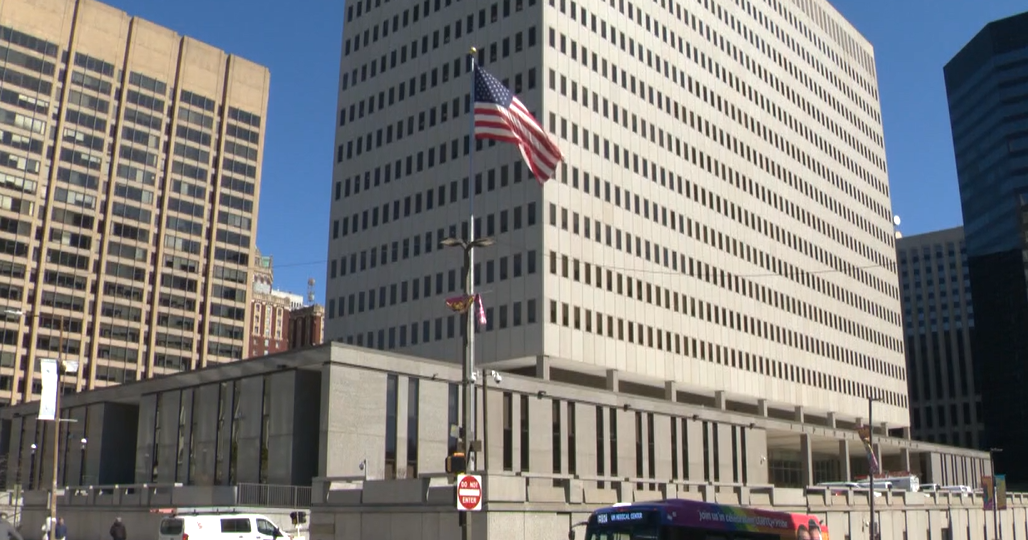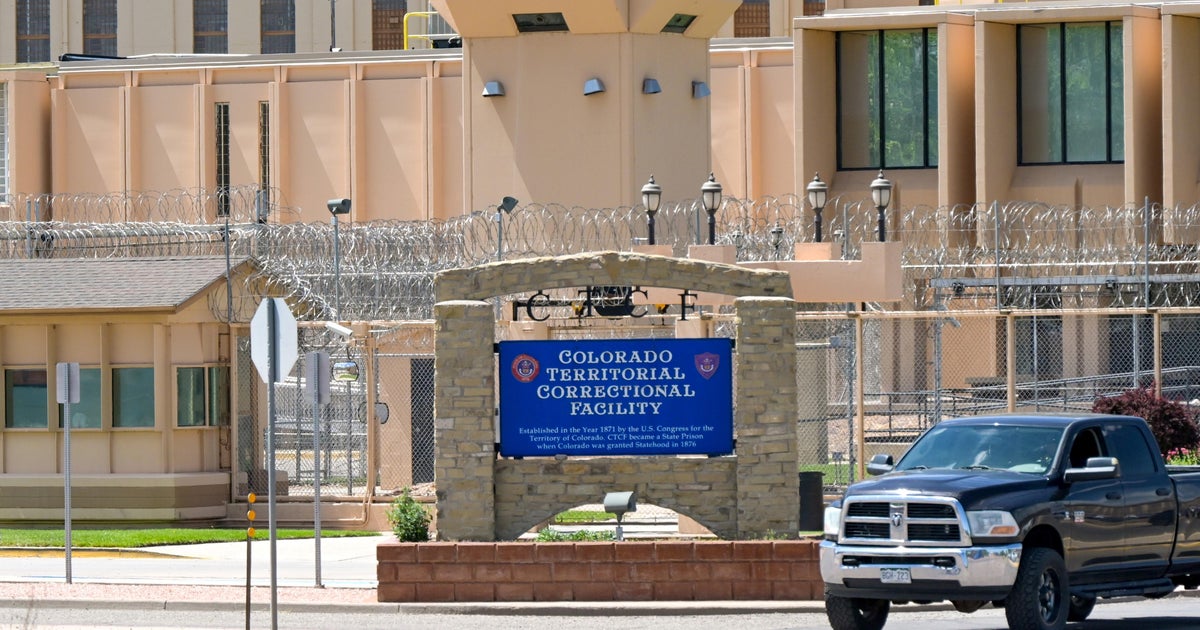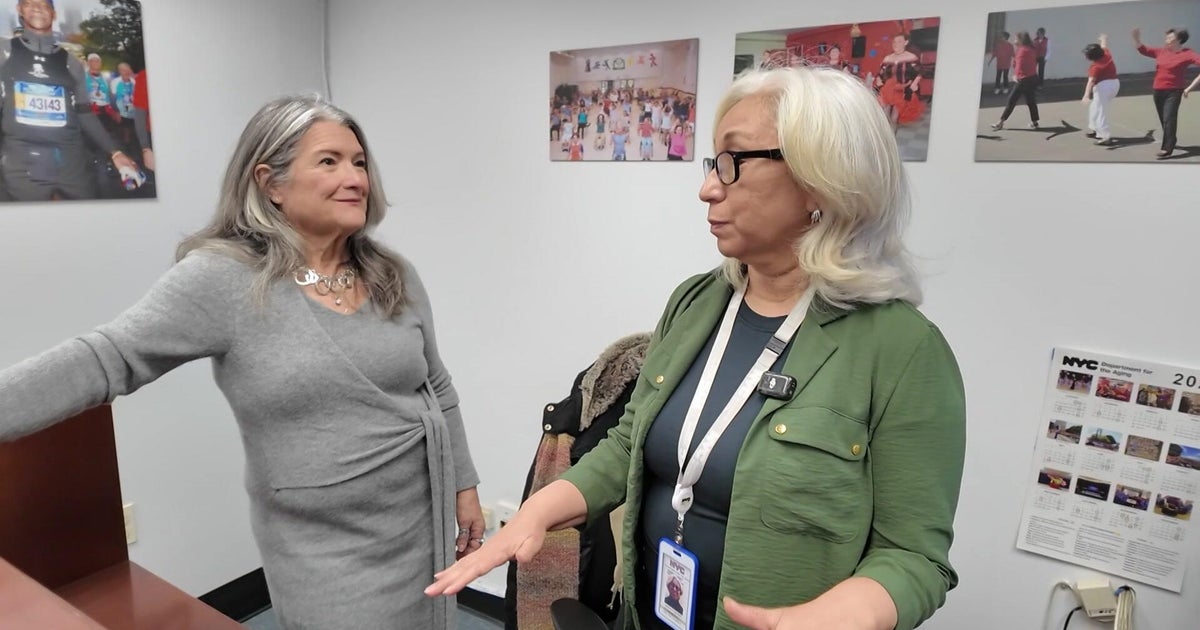Maryland Examining Wastewater For Coronavirus
Capital News Service -- As coronavirus cases continue to rise across Maryland, the state is looking into testing wastewater as another way to help combat the pandemic.
Widespread testing is expected to begin later this month, according to Maryland's Department of Environment.
Last month, Maryland Gov. Larry Hogan, R, announced $1 million in funding that would go toward testing wastewater for coronavirus in vulnerable communities like correctional facilities, nursing homes, and public housing units.
The testing will be led by Maryland's Department of Environment in close coordination with the state's health department.
CORONAVIRUS COVERAGE:
- TIMELINE: Coronavirus In Maryland, Tracking The Spread
- Latest coronavirus stories from WJZ
- Latest CDC Guidelines
"This is using cutting-edge science to have a pooled estimate of a … spread, so we can detect and respond to outbreaks particularly in vulnerable communities," Suzanne Dorsey, assistant secretary for the Department of the Environment, told Capital News Service. "We go in, do the testing then notify the health departments and housing management teams so they can respond."
This second phase of Maryland's COVID-19 Sewer Sentinel Initiative comes after a 90-day pilot program where the department examined the effectiveness of wastewater testing in five different locations statewide from July to October.
"What we know is people begin to shed the virus in their waste before they show any symptoms, said Dorsey. "We are able to detect virus shed from asymptomatic spreaders, and those are the people we think are most responsible for the spread."
Birthe Kjellerup, an associate professor at the University of Maryland's Department of Civil and Environmental Engineering, said analyzing wastewater is a useful tool because it can detect potential outbreaks days in advance.
"Everyone goes to the bathroom every day whether you are positive or negative," Kjellerup said. "But not everyone is getting regularly tested."
However, with coronavirus being so widespread throughout the state, Kjellerup said she believes testing wastewater is more effective when examining a particular facility instead of an entire area.
"Let's say over the summer when we had a relatively low number of cases, we could've used this approach and within three to five days, say there will be a surge in this area," Kjellerup said. "We passed those days because there are positive samples everywhere. What we now can do is put this approach into effect in smaller communities that are much more vulnerable."
There have been 236,961 confirmed coronavirus cases in Maryland as of Monday, according to the state's COVID dashboard.
Sen. Clarence Lam, D-Baltimore County, told Capital News Service that he thinks testing wastewater is only a first step toward other actions that will need to happen to handle outbreaks. "It's not the end-all be-all, nor is it a silver bullet," he said.
According to Dorsey, the department plans to test 50 locations weekly. Dorsey said this initiative is a more focused approach that will help small and vulnerable communities like nursing homes modify their own behavior or have the health department, if necessary, support the community with enhanced testing and contact tracing.
According to Maryland's COVID dashboard, as of last week, there had been 2,478 total COVID deaths in nursing homes, group homes, and assisted living facilities.
There have been 4,978 confirmed deaths statewide as of Monday.
Dr. Robert Gilman, who specializes in disease control at Johns Hopkins, said he thinks wastewater testing can be effective down the road when examining viruses and even vaccines.
"It can be a very useful tool for not only monitoring current diseases but monitoring the effects of vaccinations and the possibility of something coming back," Gilman said.
For the latest information on coronavirus go to the Maryland Health Department's website or call 211. You can find all of WJZ's coverage on coronavirus in Maryland here.







